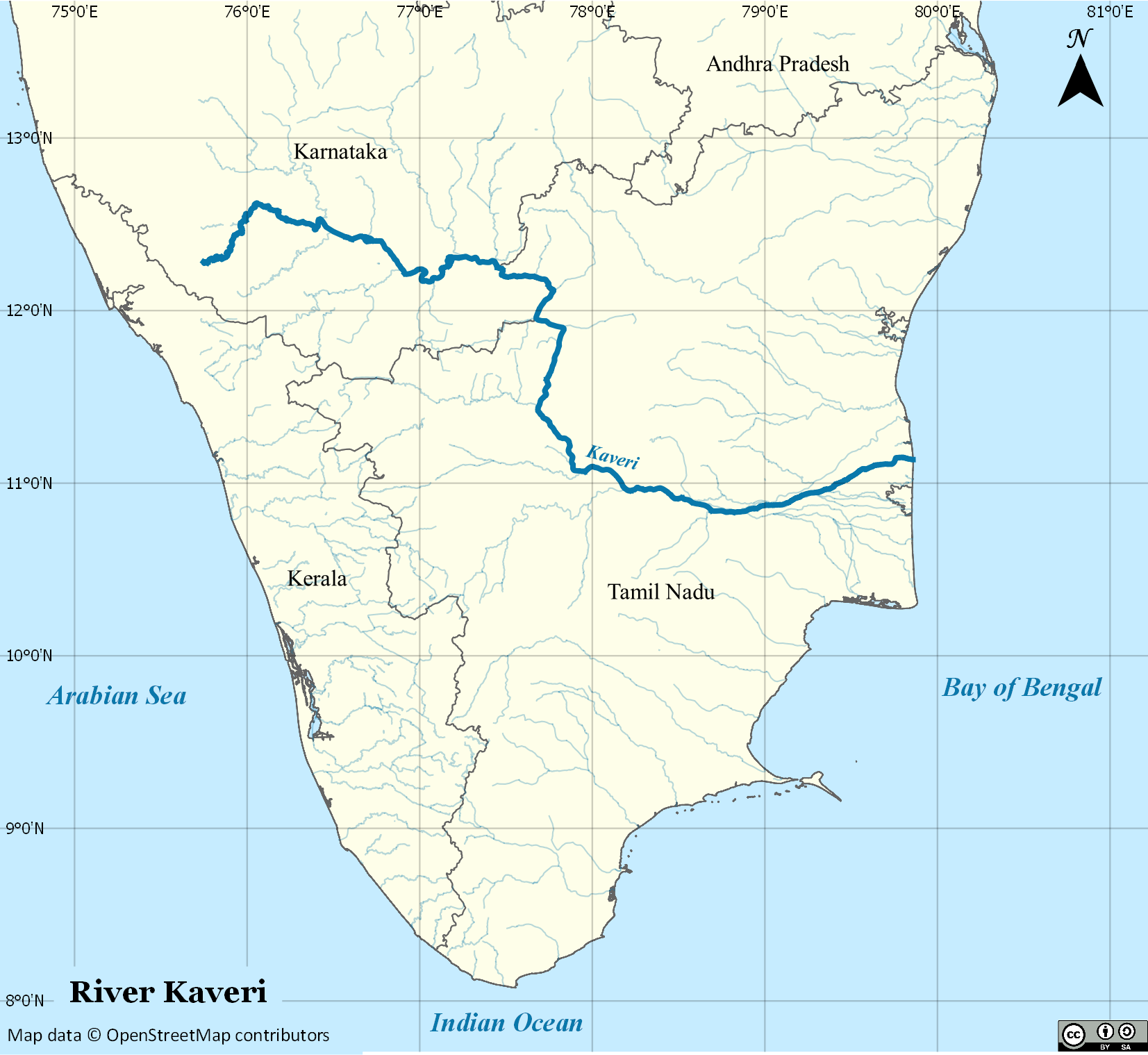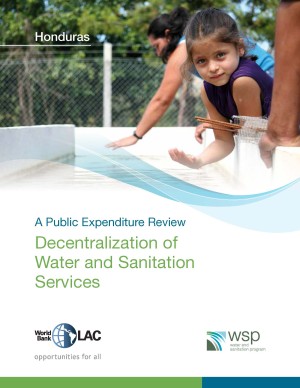
The chief minister of Karnataka has requested the Prime Minister to call a meeting of the party States to sort out this year’s Cauvery water-sharing problem. It would be instructive for the parties concerned to look into the policy literature on water disputes in their quest for a way forward.
I was asked in 1995 to arbitrate in a water-sharing dispute in a river basin, following the apex court’s directive. I had, apart from the flows to be shared that year, also suggested that a three-layer system, implemented in the Mekong Basin among nations, be implemented.
This dispute-resolution system — political at the highest level , coordinative at the second level and a delivery apparatus at the third level — has worked reasonably well. It is now institutionally incorporated in the Draft National Water Framework Bill 2016, which the ministry of water resources has placed in the public domain and circulated for comments by the States. This, in turn, is based on the report of the committee for drafting of the national water framework law, chaired by me which submitted its report in May 2013.
Decentralisation debate
Surprisingly, there has been little discussion on the water framework Bill, considering that water is a critical issue in India’s federal politics. The French scholar Phillipe Cullet had made an earlier critique of the drafting committee report. More recently, Nilanjan Ghosh of Observer Research Foundation commented on the issue (BusinessLine, July 30). However, it needs to be appreciated that the report makes a case for decentralisation of powers.
To Cullet the Bill is premised on strengthening the role and powers of the Centre at the expense of the States and by extension districts, blocks, municipalities, panchayats, ward sabhas and gram sabhas. Ghosh, recognising that multiple stakeholders must be involved in a participative way, is in favour of empowered water agency systems.
Read about the role of local government in water management on The Hindu Business Line





